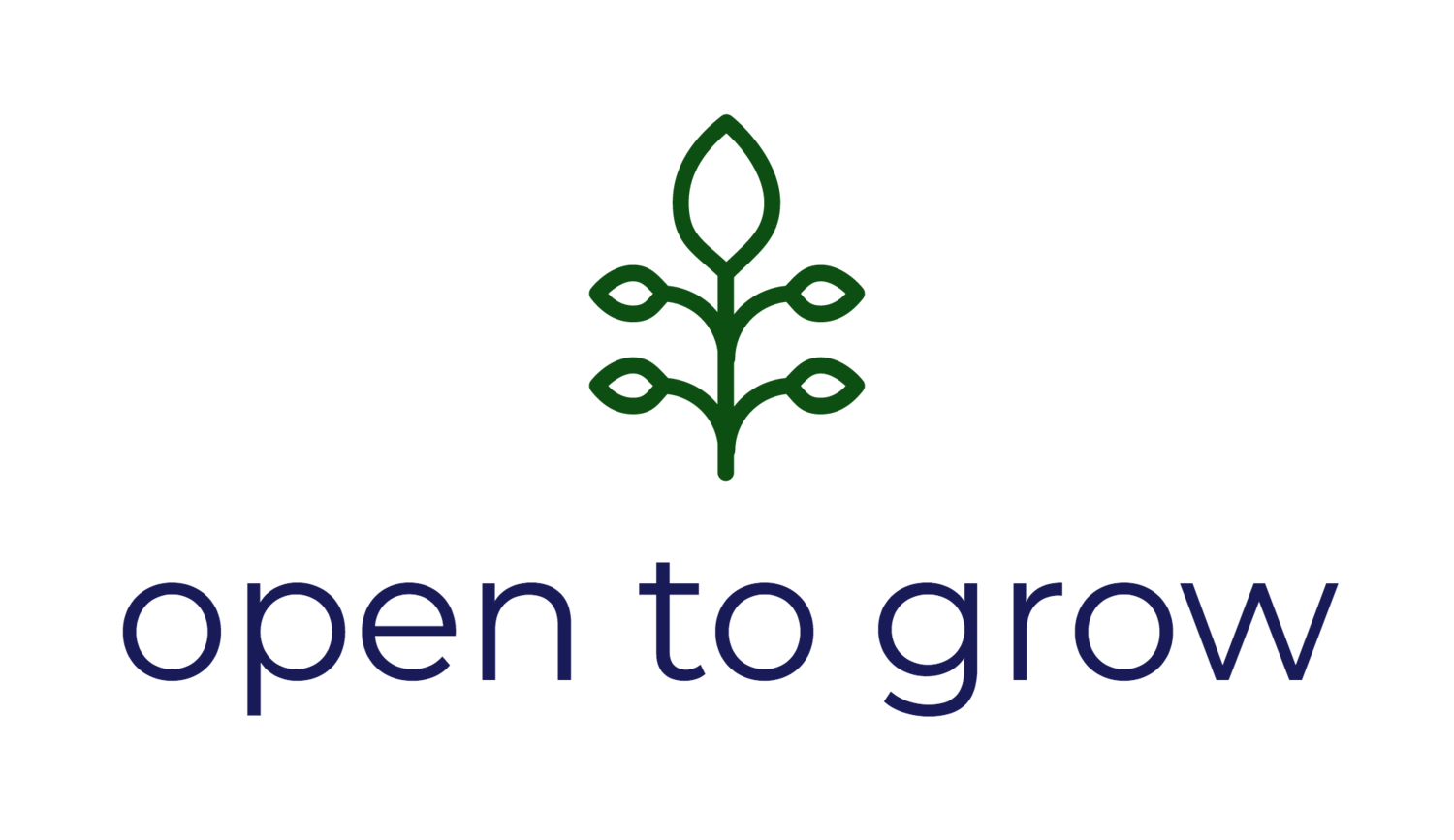The Evolutionary Nature of Purpose
/I wasn’t able to articulate my purpose until I was almost 50. I could have made something up. There were certainly occasions when participating in a workshop or as part of an executive team working with ridiculously highly paid consultants who we’d hired to help us with the work of re-branding, or re-alignment, or simply working up the new slogans for coffee mugs or t-shirts where I’d felt dumb or inadequate because I truly had no idea.
I knew what kind of work energized me and what didn’t, where I felt my integrity being challenged or bumping against some questionable tactics in aid of sales. So when, in the last decade everything seems to have become about purpose – as in the one sure route to employee and customer satisfaction (insert exhausted/cynical groan here) one can understand my trepidation. The new cure-all for what ails companies.
I’m not trying to be contrary when I say I didn’t know my purpose until advanced years – and maybe one could say that’s because I was working in traditional corporations that didn’t think about this stuff. But they pretend to! What I was able to articulate for example when I was Head of Sales for a large telco was something akin to making meaning from the sales vocation - which was this inner feeling that if I was helping people solve problems or create opportunities in their organizations that was work that was both worthwhile and could be celebrated. I can see how an organization could get from there to a purpose statement like ‘our purpose is to make our customers lives better’. Fine. But really, what does that mean to me or for me? Is it meant to make me feel better or somehow tap into an intrinsic motivator? I just don’t get the how and why of aligning personal purpose to the organizational purpose as the key.
And don’t get me started on ‘purpose driven organizations’ – most especially large NGO’s – where in my experience many employees have horrible experiences with the organisation because ALL of the energy goes to the purpose (clearing the ocean of plastics, for example) to the extent that the people are either ground down and burn out, or at its worst treated horribly as instruments of change instead of human beings. I call this ‘Purpose Washing’.
What I do believe, however, is that every time a group of people come together to do something, there should be a clear purpose. Even if that purpose is to learn what we can do together, or to wait to see what emerges. Every human in every constellation of work or relationship brings work that is meaningful and significant to them. It’s in the coming together, in creating what only this group of people can create that we can find an aligned purpose. But not at the expense of the humans, never at the expense of the people in the system.
When we lead together, it becomes easier to notice the purpose that’s guiding us, because we start to pay attention to it. Understanding that it’s not something you do once and forget about until you get tired of the company colors or your website starts to look out of fashion. Organizational purpose is evolutionary – it changes as we change, as our products and services mature and pivot, as our clients grow and drift. Like any strategic intention, it’s dynamic and adaptive.
Cultural architect Caterina Bulgarella challenges us to distinguish between purpose as a means to an end (financial growth) and as the catalyst for transformation; not to use purpose for linear growth (i.e., evocative forward pull), instead of tapping its transformative qualities (i.e., evolutionary or upward growth).
Even if you are not quite willing to think of the organization as a living entity, it is a self-fulfilling one – we know that energy goes where our intention is set, and we can practice trying to see our organizations needs and possibilities through ‘its eyes’ - something larger than ourselves as individual participants in the system. Whether this is an empty chair in a meeting or the literal acknowledgement of personhood of the entity (like the Whanganui River in New Zealand as we share in Lead Together) it can be incredibly enlightening and enlivening to practice.
